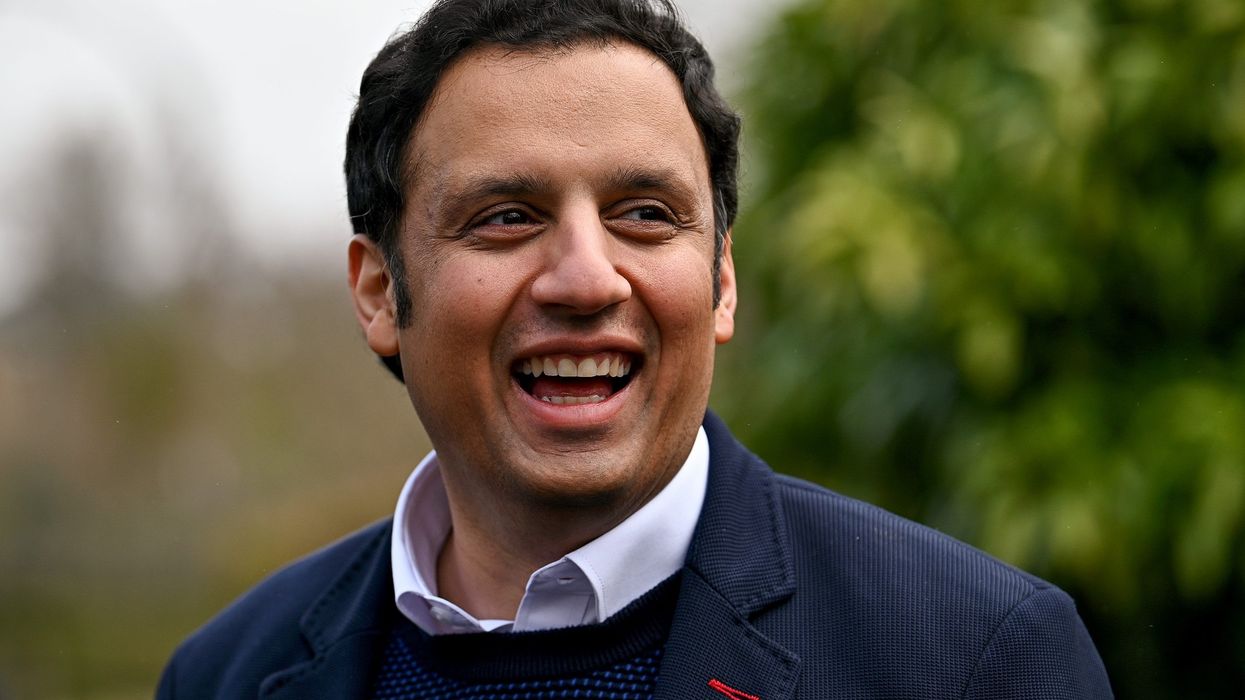Scottish Labour named Anas Sarwar as their new leader on Saturday, ahead of an election for the country's devolved parliament in May.
Sarwar, a Glasgow member of the Scottish parliament (MSP), succeeds Richard Leonard who resigned in January.
Labour's fortunes have flagged in Scotland with the Scottish National Party (SNP) the dominant force. Labour has 23 out of 129 seats in the parliament.
"I want to say directly to the people of Scotland - I know Labour has a lot of work to do to win back your trust because if we're brutally honest you haven't had the Scottish Labour party you deserve," said Sarwar.
"With rising injustice, inequality and division, I'm sorry we haven't been good enough.
"And I will work day and night to change that, so we can build the country we all need."
Sarwar received 57 per cent of the vote, overcoming Monica Lennon, who got 42.4 per cent.
He becomes the the first non-white and also first Muslim leader of a major political party in the UK.
"That doesn't say something about me. That says something great about Scotland and its people," Sarwar said.
He follows in the footsteps of his father Mohammed, who was the first Muslim MP after being elected to Glasgow Central in 1997.
SNP leader Nicola Sturgeon took to Twitter to congratulate Sarwar, saying: "He (and his dad before him) and I are long-time political opponents, but I also like and rate him. That may not always be obvious in the weeks ahead as election battle is joined, so worth saying so now."
Sturgeon wants a strong showing for her party in the election on May 6 to hand her a mandate to hold a second referendum on independence - something British prime minister Boris Johnson has said he will not approve.
Opinion polls indicate a majority back a second referendum.
But the SNP is in the midst of a bitter row between Sturgeon and her predecessor Alex Salmond that could eventually put pressure on her to resign and threatens to damage the independence movement.
Leonard said in January it was in the best interests of the party for him to stand down before the May election.




